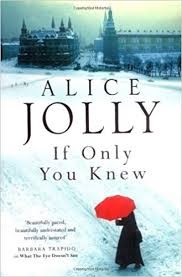
To the Hermitage tells parallel tales of men who travelled to St Petersburg. Both are fictionalised versions of actual journeys.
One being that of Denis Diderot, the French philosopher, who visited his patron, and Empress of Russia, Catherine the Great, in 1773.
The other being the anonymous narrator of To the Hermitage, a version of Bradbury himself —English academic and author— making his way to St Petersburg as a member of a distinguished study group, the Diderot Project, in October 1993.
The very temporal settings speak of the novel’s parallelism.
Continue readingRussia then as now was in trouble, tugged as it ever has been between east and west.
To the Hermitage, chapter 21

